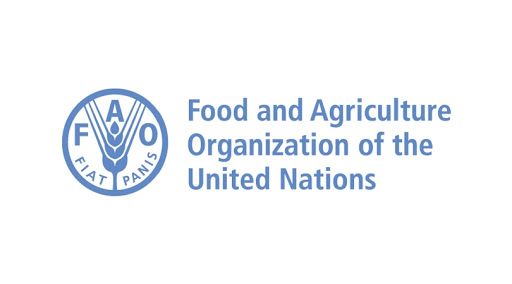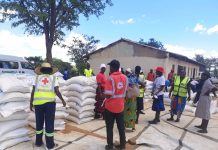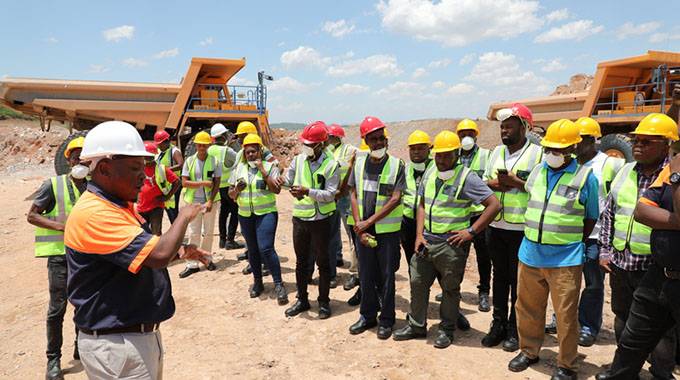Beth Bechdol
Have you ever wondered how key development solutions between and among countries of the Global South are conceived, exchanged and shared? The answer is: South-South cooperation.
From providing know-how and practical technologies suitable for local conditions, to tackling issues of food insecurity, poverty and sustainable agriculture through innovative solutions, the important impact of South-South cooperation is gradually making itself felt.
Despite the progress made in recent years, developing countries still face a wide range of challenges and experiences that span areas such as economic growth, environmental and social conditions, which are often multifaceted and difficult to overcome. The positive news is that many of these answers could be found within the Global South.
In recent years, South-South and its close ally, Triangular Cooperation (TrC), have gained momentum in the development dialogue, having been acknowledged as important mechanism in the implementation of the 2030 Agenda for Sustainable Development.
Imagine a perfect triangle, with two or more countries of the global South being the two extremes and its last, third vertex – typically a multilateral institution or a resource partner – perfectly closing the polygon, by providing support through South-South cooperation by the provision of financial, human, technical and in-kind resources.
To give some examples … in recent years, Northern partners have been implementing TrC projects, including through trust fund arrangements. For instance, a TrC project of the Food and Agriculture Organization of the United Nations (FAO) on sustainable rice value chain development was launched in 2014, in collaboration with the Republic of Korea, to strengthen the business and entrepreneurial capacities of rice producer organizations and small-scale enterprises in selected countries in West Africa.
Another TrC project was launched in 2016, in partnership with Japan, to promote sustainable agriculture, rural development, food security, and trade and achieve poverty alleviation in Africa. The project aimed to support the implementation of the Comprehensive Africa Agriculture Development Programme (CAADP) — the regional framework for agricultural transformation, wealth creation, food security and nutrition, economic growth and prosperity.
Taking into account the current COVID-19 pandemic, these types of collaborations are now more meaningful than ever.
It is crucial to understand that South- South and Triangular Cooperation (SSTC) can play an effective role in addressing the challenges and vulnerabilities of food systems in the developing world, especially in view of the detrimental effects of COVID-19 and other related shocks. What better time to start doing this, as we celebrate this month the UN South-South Cooperation Day (12 September).
Coming back to the global South countries, how is this benefiting the real recipients? How is South-South cooperation helping countries map out their capacity needs and knowledge gaps and finding sustainable, cost-effective, long-lasting and economically viable solutions?
Mr Sosorbaram Lkhagvaa a 34 year old from Mongolia, is one of the many beneficiaries of the FAO-China South-South Cooperation programme, who is now working in a greenhouse farm supported by the programme.
He received direct training from Chinese experts deployed under the project, in the cultivation of different types of vegetables, integrated pest management in greenhouses and the construction of passive solar greenhouses. Sosorbaram now dreams of establishing his own farm, and his passion for farming is indisputable.
Over the past ten years, the programme has been able to reach more than 70,000 direct beneficiaries, like Sosorbaram, at the grass-roots level in rural areas and several hundreds of thousands of indirect beneficiaries.
Our journey in the global South does not end here. South-South and Triangular Cooperation are clearly effective means of enhancing access to science, technology and innovation, sharing of knowledge and expertise , as well as developing the national capacity making the voyage one of endless paths and possibilities.
- Beth Bechdol, Deputy Director-General, Food and Agriculture Organization of the United Nations (FAO)












